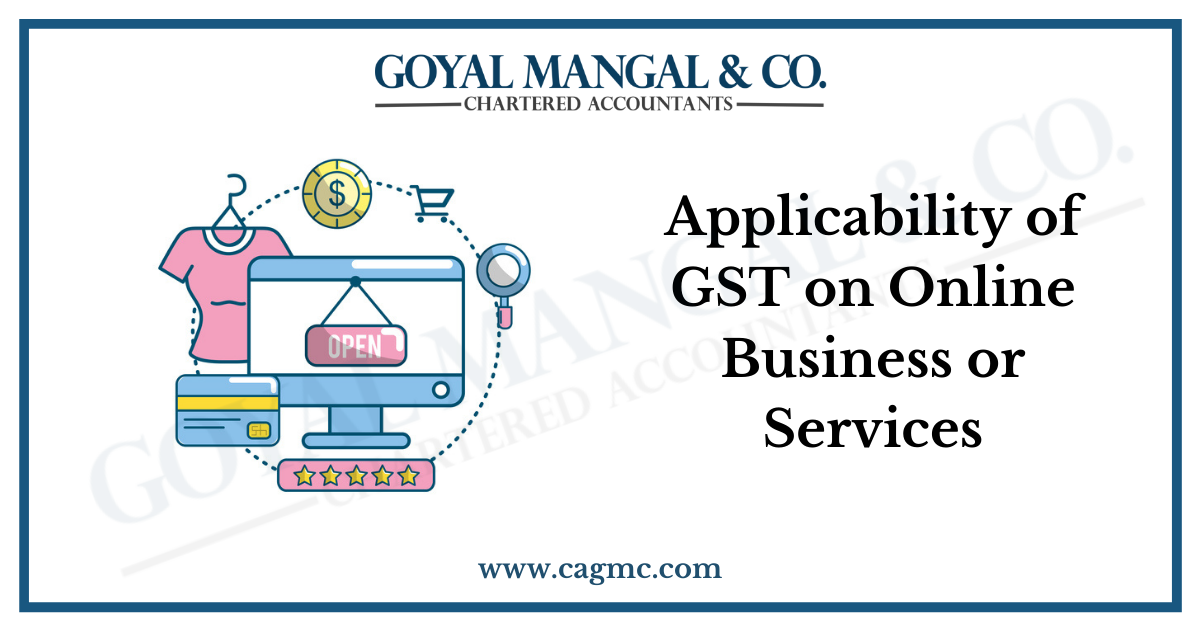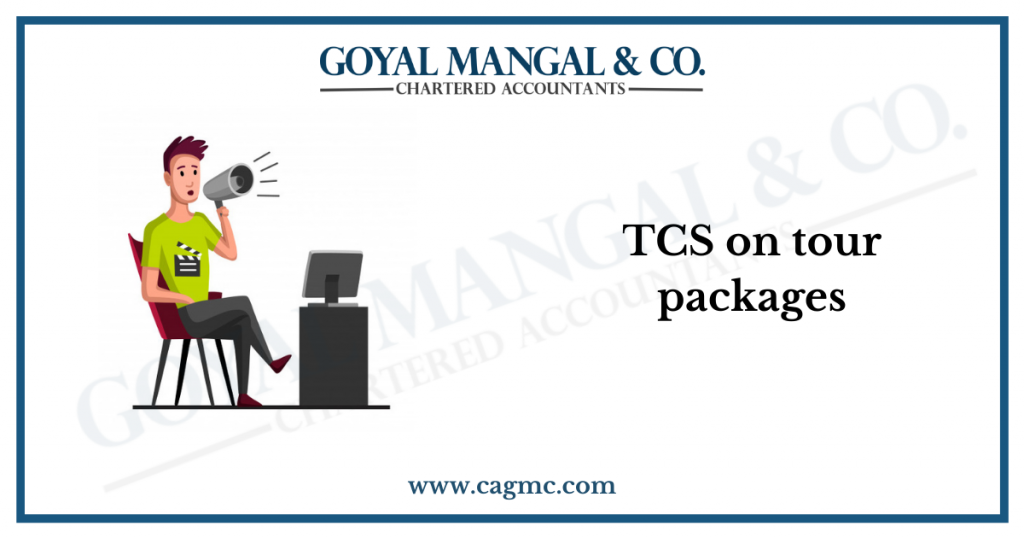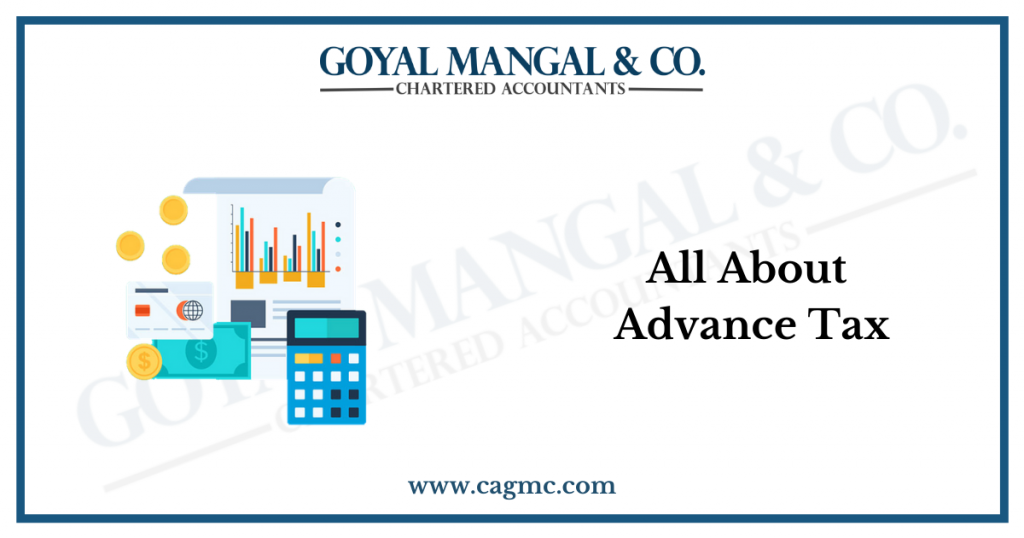| Content
Definition of Electronic Commerce Operator. Impact of GST on e- commerce industry? Is it mandatory to have GST registration for Electronic Commerce business? |
Definition of Electronic Commerce Operator
Electronic Commerce Operator shall include every person who directly or indirectly owns, operates or manages an electronic platform that is engaged in facilitating the supply of goods or services or in providing any information or any services incidental to but shall not include persons engaged in supply of such goods or/and services on their own behalf.

Impact of GST on e- commerce industry?
The impact of GST on all e- commerce companies is huge. Following are the key impacts on e- commerce companies:
- Pricing impact: For the e- commerce companies the output rate could be higher compared to service tax rate before GST. However, companies should have a higher credit pool than they did in the previous tax regime, which could reduce the prices of their services.
- Place of supply in case of B2C transactions: Place of supply in case of B2C transactions would be the location of the service provider.
- Place of supply in case of B2B transactions: Place of supply in case of B2B transactions would be the location of the service recipient.
- Compliance requirement: Currently, under GST the centralised registration option may not be available, hence e- commerce companies would need to obtain registration in each state where they have their place of business which results in increasing compliances and regulations, before GST e- commerce companies discharge their output service tax liability through centralised registration.
Is it mandatory to have GST registration for Electronic Commerce business?
Yes, GST registration is compulsory for all Electronic Commerce businesses which are involved in supply of goods or/and services using their own portal or other Electronic Commerce portal to supply goods or/and services, irrespective of the turnover.
As per section 24 of CGST Act, 2017 an e-commerce operator is required to register under GST within 30 days of starting the business.
Which return is to be submitted by e- commerce operator regarding Electronic Commerce business?
As per section 52 of CGST Act, 2017 an e-commerce operator is required to submit GSTR- 8, and need to deduct Tax Deducted at Source (TDS).
GSTR-8 includes the information of the supplies made through an e-commerce platform and the sum of TCS received on the supplies concerned.
Taxability on E-commerce Operator (ECO)
As per Section 9(5) of CGST Act,2017 and Section 5(5) of IGST Act, 2017, E-commerce Business will be taxable as per Reverse Charge Mechanism.
Reverse Charge Mechanism: Generally, the supplier of goods or services is liable to pay tax under GST. However, in some specified cases the recipient of goods and/or services have to pay tax this mechanism is called reverse charge mechanism.
In case of Electronic Commerce Business, the ECO is required to pay the tax under Goods and services tax.
In case electronic commerce operator does not have a physical presence in the taxable territory, then any person representing such electronic commerce operator will be liable to pay tax.
Provided that in case electronic commerce operator does not have a physical presence in the taxable territory or not having any representative then such E-commerce business should appoint a person on behalf of ECO to pay tax on Goods and/or Services
Export through post by e- commerce operators
The e- commerce operators can export goods through Foreign Post Office. These exports will be zero rated. Exports by e- commerce operators can be from any foreign post office. However, exports under MEIS can be only from Foreign Post Offices at Delhi, Mumbai and Chennai.
Zero-rate supply: Zero-rate supply means any supplies made by a registered dealer as an export (both goods or services) or supply to an SEZ qualified unit will be considered as Zero Rated Supplies in GST. That means the rate of tax on such supplies will be ‘Zero’ or we can say these supplies are tax-free.


